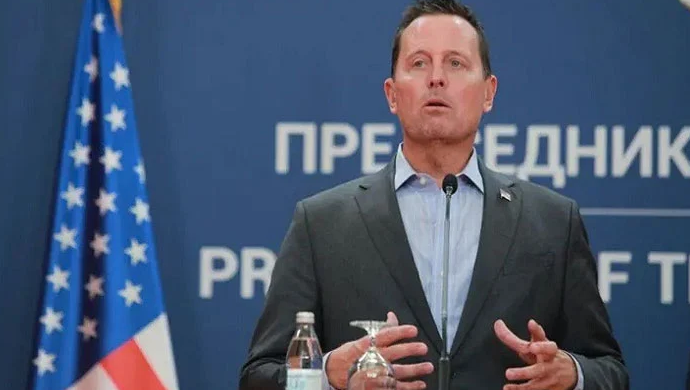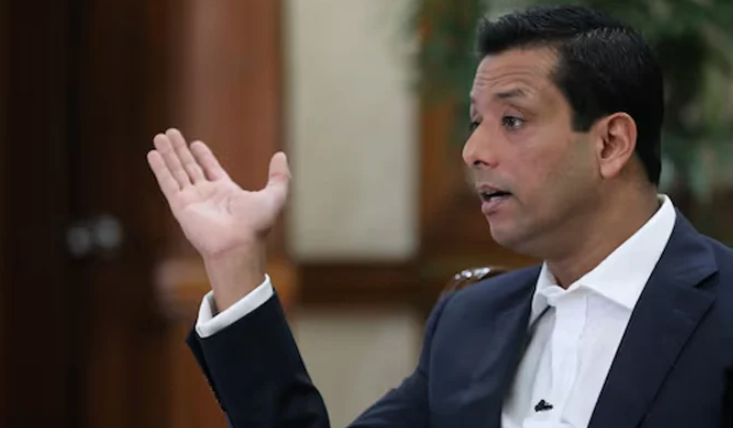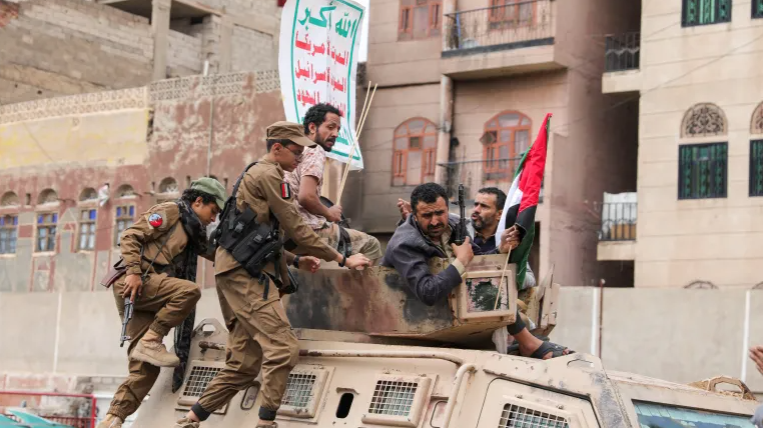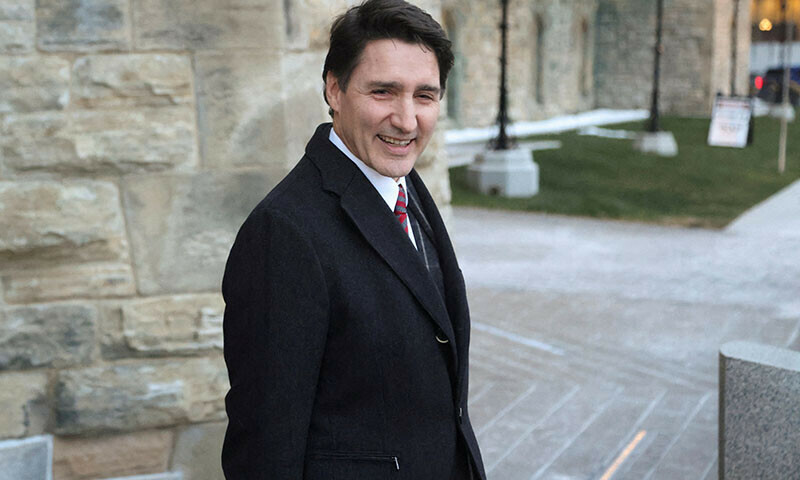WORLD NEWS
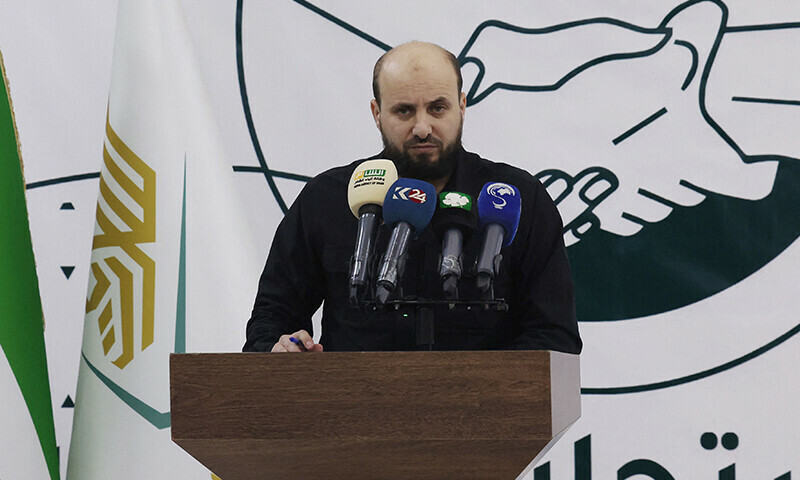
The political landscape in Syria has drastically shifted with the ouster of President Bashar al-Assad, as the opposition alliance takes control of the country following a swift military victory. In a statement issued on Tuesday, the rebels announced the appointment of Mohammed al-Bashir as head of the transitional government, set to remain in power until March 1. Bashir, previously a key figure in the opposition, was declared the new prime minister of Syria, according to state media broadcasts on Telegram.
Assad’s departure marks the end of five decades of brutal rule by the Assad family. His regime, which fiercely suppressed the democracy movement that began in 2011, led to a devastating civil war that claimed over 500,000 lives and displaced millions of Syrians. On Sunday, in the face of a surprise rebel offensive led by the Hayat Tahrir al-Sham (HTS) group, Assad fled Syria’s capital, Damascus, while rebels celebrated their victory and took control of key government buildings.
As the new government begins to establish its authority, international attention has turned to the humanitarian efforts to evacuate foreign nationals, including Pakistanis, from Syria. In a briefing to the federal cabinet, Pakistani Prime Minister Shehbaz Sharif confirmed the evacuation of 79 Pakistani pilgrims from Syria to Beirut. The evacuees, along with several teachers and students, are being transferred back to Pakistan as the security situation remains volatile. The Pakistani government is coordinating efforts with Lebanese authorities to facilitate the return of citizens.
The evacuation process is part of Pakistan’s broader efforts to ensure the safety of its citizens abroad during the ongoing conflict. Prime Minister Sharif, who spoke with Lebanese Prime Minister Najib Mikati, assured that there would be no visa-related issues for the evacuees. With the support of Pakistani embassies in Syria and Lebanon, efforts are being made to bring home over 500 Pakistani nationals.
Meanwhile, Syria’s new leadership is taking steps to transition the country towards stability. Rebel leader Abu Mohammed al-Jolani, now operating under his real name Ahmed al-Sharaa, has vowed to hold former Syrian officials accountable for torture and war crimes, pledging to pursue those responsible for abuses during Assad’s reign. He emphasized the commitment to returning exiled officials who had fled the country amid the collapse of Assad’s regime.
On the military front, Israel continues to carry out air strikes on Syria’s military installations, targeting weapons depots and military research centers in a bid to weaken the former regime’s remaining military capabilities. Over 300 Israeli strikes have been recorded since Assad’s fall, signaling continued tension in the region.
The uncertainty over Syria’s future remains palpable. While celebrations erupted in some parts of Syria, especially in the capital Damascus, where people expressed joy at the end of Assad’s rule, others rushed to prisons to locate relatives who had been detained under the regime’s harsh policies. The Saydnaya prison, notorious for its brutal treatment of detainees, became a focal point for many families searching for loved ones.
Despite the celebrations, the task of rebuilding the country lies ahead, as Syria's new government faces challenges of unifying the fractured nation and securing international recognition. The international community, including Germany, France, and the UK, has expressed willingness to cooperate with Syria’s new leadership, with conditions focused on human rights and the protection of ethnic minorities.
As Syrian officials seek to rebuild the country, the fate of Assad and his family remains uncertain. Reports suggest that Assad may have fled to Moscow, with Russia playing a crucial role in supporting the former leader during the conflict. The Kremlin has yet to confirm his whereabouts but emphasized that any asylum request for Assad would be decided by President Vladimir Putin.
The situation remains fluid as the world watches Syria’s transformation, hoping for a peaceful future while grappling with the country’s complex political and humanitarian challenges.
